|
Juliet McKenna, The Cleaving, Angry Robot, 2023. Amidst the few Arthurian retellings being published at the moment, The Cleaving by Juliet McKenna stands out because of its point of view, but also because of its ambitious span. Nimue has served Queen Ygraine for a long time now. Hiding that she is fae, she also knows that were she to go back to her people, she'd be rejected for having spent too much time among humans. But life changes when Uther Pendragon decides to unite Britain, with Merlin in tow. Very soon, Nimue realises that Merlin uses his magic to further Uther's ambitions which angers the faes. TW: rape (heard but not seen, early in the novel.) The Cleaving focuses on the female characters in the Arthurian legend, and Nimue's point of view is central. Through her eyes, we see the different events, and we also see how she and others try to fight against actions that could lead to disaster. It's particularly interesting to see how those women - Nimue, Ygraine, Morgana, Guinevere - try to circumvent their lack of agency in a patriarchal society, even more so when two need to hide their magical powers. In some cases, it's impossible and Ygraine is raped by Uther disguised as her husband so that Arthur can be born. In others, they seduce or try to look as harmless as possible. In a last recourse, they show their power. One thing I particularly appreciated was how those women also try to help each other, even though they have different goals. I really enjoyed McKenna's take on Morgana (and wish we had seen more of her!), and Nimue was an intriguing character, with divided loyalties and only led by her sense of justice and balance. The men, just like the women, are incredibly realistic and that means describing them with all their flaws. Arthur's portrayal isn't idealised, and I was glad to see Merlin as a scheming, ambitious old man, obsessed with power and his puppets. Of course, such a point of view means that some events are witnessed sideways, battles between the knights in particular - although there are still aplenty. The magical battle between Nimue and Merlin is a highlight and the tale of Sir Balyn reveals the tragedy of the senseless fighting. This sense of doom is pervasive throughout the novel too. McKenna doesn't tell us an epic story made to inspire the foundation of an empire. She tells us about a failed attempt at a grand destiny. From the start, you can see the violence, the rot, the decay. You know - because everyone knows - that Arthur will die without an heir. Conceived in the most abbhorrent way, he drags more and more people to death until his own, meaningless. In the meantime, the women try to survive. There's in The Cleaving a bitter lesson about kingdoms and wars. More than an epic fantasy story, I read it as a thoughtful take on balance and politics. The novel starts before Arthur's conception and ends with his death. It spans many decades, although McKenna uses some clever time skips here and there to progress through the story faster. To the point that it may seem too fast sometimes. The research that went into the novel was impressive. The Cleaving borrows from Geoffroy of Monmouth and Malory, but also Chrétien de Troyes (if you're a fan, beware: the wood cart episode may leave you wrong footed!) and is firmly grounded in the historical realities of the time in Britain. The Cleaving is a brilliant retelling of the Arthurian legend that deserves to be on your reading list if you enjoy Arthuriana. Its unique perspective offers much to revive the tradition and subtly shows how it infused our own expectations, including our political expectations. Disclaimer: a free copy was received but with no obligation attached to review it on The Middle Shelf. If you've liked The Cleaving, you may also enjoy
Comments are closed.
|
All reviews are spoiler free unless explicitly stated otherwise.
I only review stories I have liked even if my opinion may be nuanced. It doesn't apply for the "Novels published before 1978" series of blog posts. Comments are closed, having neither time nor the inclination to moderate them. |
WHAT IS THE MIDDLE SHELF?
The middle shelf is a science-fiction and fantasy books reviewS blog, bringing you diverse and great stories .
PLEASE SUPPORT AUTHORS.
IF YOU LIKE IT, BUY IT. |
ON THE MIDDLE SHELF
|
KEEP IN TOUCH WITH THE MIDDLE SHELF
|
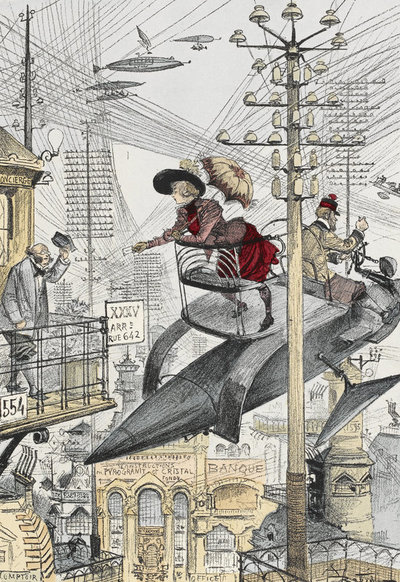


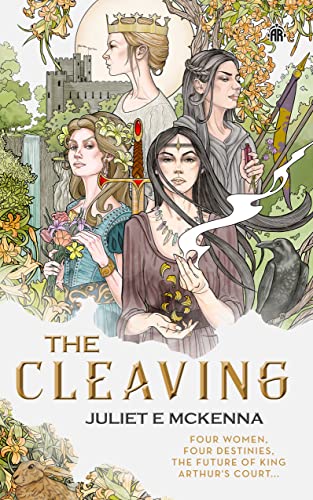
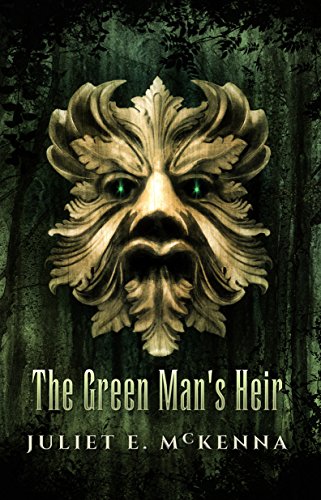
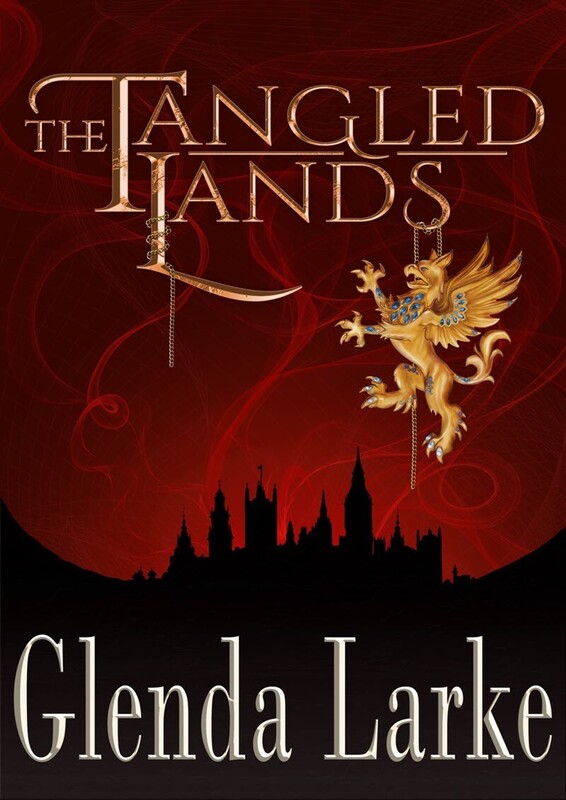
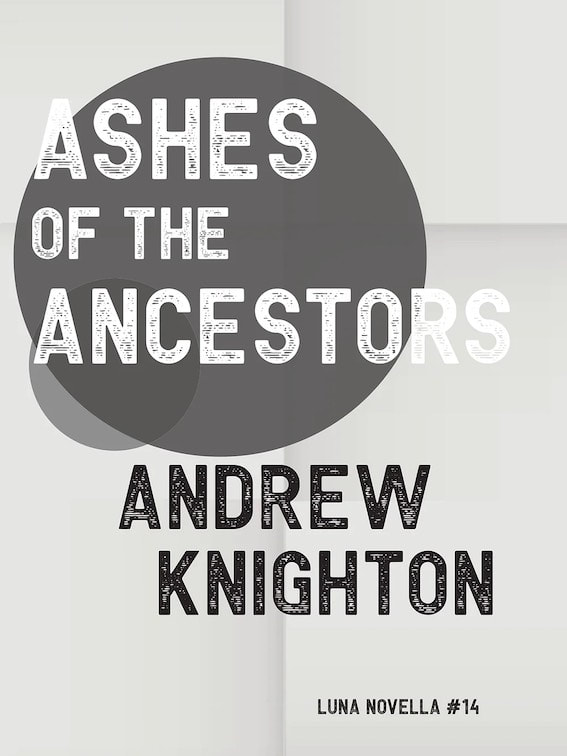
 RSS Feed
RSS Feed
